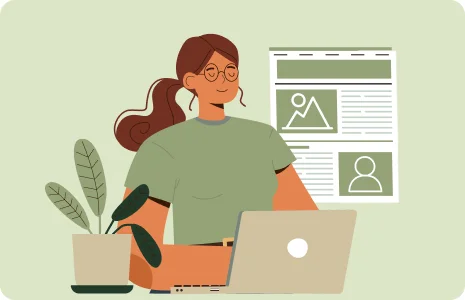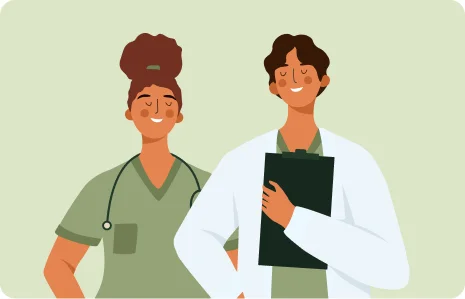Obsessive-Compulsive Disorder (OCD), a mental health condition characterized by intrusive thoughts and repetitive behaviors, can significantly influence interpersonal relationships. The complexities of living with OCD extend beyond the individual, affecting how they relate to and interact with those around them. In this exploration, we delve into the ways in which OCD can impact various relationships and offer insights into fostering understanding and support.
The Strain on Intimate Relationships
OCD's presence in romantic relationships can introduce unique challenges. Intrusive thoughts may center around fears of contamination, harm to loved ones, or concerns about order and symmetry. This can lead to rituals and compulsions that, if misunderstood, may strain the emotional intimacy and connection within the relationship.
Communication Breakdown
One of the hurdles individuals with OCD face is the difficulty in communicating the nature of their compulsions. Loved ones may struggle to comprehend the urgency or necessity of these rituals, leading to frustration and misunderstandings. Clear and open communication is essential to bridge this gap, fostering empathy and mutual understanding.
The Impact on Family Dynamics
OCD can also influence family relationships, especially when rituals or obsessive thoughts disrupt daily routines. Family members may find themselves torn between providing support and encouraging independence. Striking a balance that acknowledges the challenges of OCD while fostering autonomy is crucial for maintaining a healthy family dynamic.
Friendships
In friendships, OCD can be challenging to navigate. Friends may witness the impact of compulsions, repetitive behaviors, or the emotional toll of intrusive thoughts. Cultivating understanding, patience, and open communication can help friends provide the support needed while respecting the boundaries and individual needs of their friend with OCD.
Professional Relationships
The influence of OCD can extend to professional relationships, affecting how individuals interact with colleagues and supervisors. Striving to create a work environment that promotes understanding, provides reasonable accommodations, and minimizes stressors can contribute to a more inclusive and supportive workplace.
The Burden of Misconceptions
Stigma and stereotypes surrounding OCD can exacerbate the challenges individuals face in their relationships. Misconceptions about cleanliness, orderliness, or the nature of obsessions may perpetuate judgment and hinder the development of supportive connections. Education and awareness efforts are essential in dispelling these misconceptions.
Seeking Professional Guidance
Professional guidance through therapy, such as Cognitive-Behavioral Therapy (CBT), can be instrumental in managing OCD's impact on interpersonal relationships. Therapeutic interventions not only equip individuals with coping strategies but also provide a platform for involving loved ones in the therapeutic process, fostering a more comprehensive understanding of OCD.
Living with OCD requires a delicate balance between self-care and navigating interpersonal relationships. Fostering compassion, open communication, and a commitment to dispelling misconceptions contribute to a supportive environment for individuals with OCD. By acknowledging the complexities of the disorder and embracing the journey with empathy, relationships can weather the challenges and thrive amidst the unique dynamics influenced by OCD.




